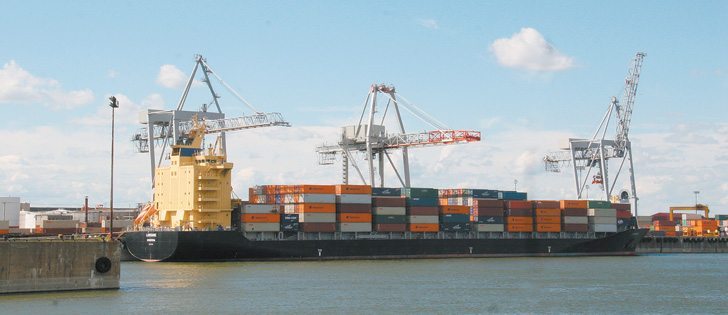This summer, the Liberal Party of Canada is launching the race to choose the 14th leader of the party since its 19th century birth.
For a party increasingly shut out of rural Canada and irrelevant to rural voters, many rural Canadians could logically respond: So what? Who cares?
Well, this time, the choice of the next Liberal leader could well have a significant impact on agricultural policy in this country.
And with the goofy new Liberal policy that those who can vote to choose the next leader do not have to be party members with any skin in the game but merely self-proclaimed “supporters,” rural residents with no intention of voting Liberal still can have a say on the party’s next leader.
Read Also

Higher farmland taxes for investors could solve two problems
The highest education and health care land tax would be for landlords, including investment companies, with no family ties to the land.
And that leads to former Liberal leadership candidate, former MP and party bright light Martha Hall Findlay, almost certain to announce her candidacy soon despite still owing money from her failed 2006 leadership run.
From an agricultural policy perspective, she will make it the most interesting leadership debate in 45 years since business-oriented candidate Robert Winters found himself no match for Pierre Trudeau’s vague statist optimism in 1968.
Hall Findlay, if she is a candidate, will advocate the phase-out of supply management.
For the record, this is attacking the deepest core of Liberal party orthodoxy.
Along with medicare and the Charter of Rights, supply management is one of the Liberal party’s core policies.
Under Liberal agriculture minister Bud Olson, legislation was approved in 1971 that allowed for farmer marketing cartels outside the influence of the Competition Act to protect producers from price volatility and market inequality through a system of production quotas, price setting and import controls.
Through the 1970s, with dairy already in a supply management regime, Liberal agriculture minister Eugene Whelan oversaw creation of boards for chicken, turkey and eggs.
Progressive Conservative agriculture minister John Wise was in power when the last marketing board, for broiler hatching eggs, was created in the 1980s.
But the Liberals consider supply management one of their signature creations, so to have a potential leadership candidate argue it is time to move on and dismantle the system is akin to political heresy.
It would add some substantial meat (not supply managed) to the Liberal debate.
Prairie farmers are deeply divided on the issue: supply management and CWB single desk supporters are generally on one side and export sectors on the other. As a result, the ability to sign up as a “supporter” without the taint of being a Liberal will be a great temptation for rural residents.
Hall Findlay, a former Liberal trade critic, has argued it is policy that has outlived its purpose, hurts Canadian consumers and trade interests and should be scrapped.
Current trade critic and Prince Edward Island MP Wayne Easter is prepared to take her on.
“Farmers have spoken on this, the party is solid and I think she has destroyed any hope of support from the rural part of the Liberal party,” he said.
It could be one of the most interesting political agricultural debates in a generation, one that the other parties would not allow because of their own dirty linen on the issue.
For the sake of agricultural policy, let the debate begin.














